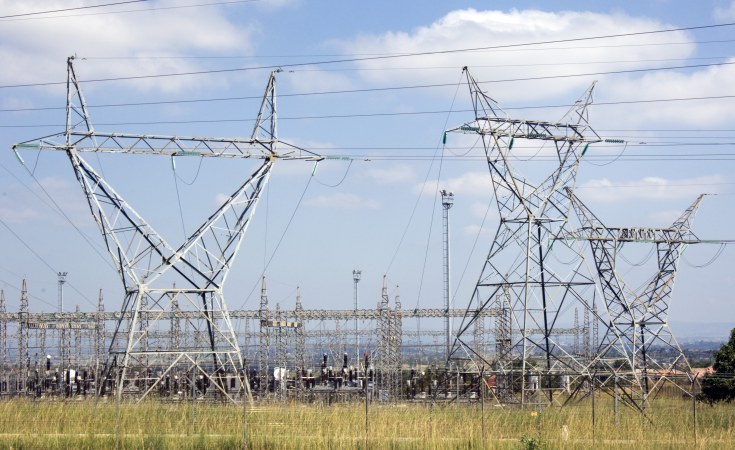While unveiling a bold initiative to double access to power in sub-Saharan Africa, President Barack Obama made it unequivocally clear that this undertaking will require private sector partners. The U.S. government pledged U.S.$7 billion to the new Power Africa initiative, while private sector partners made commitments to inject an additional $9 billion over five years.
In the same vein, the president also underscored the critical importance of working collaboratively with governments on the continent to foster a business and regulatory environment that supports private sector investment in strategic infrastructure development.
Home to a number of the world's fastest growing economies, Africa is at a critical threshold as it awakens its vast but long-dormant potential. This accelerated economic growth, coupled with fast population growth and urbanization has, however, strained the limited infrastructure across the continent.
According to the World Bank, only 24 percent of sub-Saharan Africa's population (approximately 900 million people) has access to electricity. This compares unfavorably even to other low-income countries of the world.
For Africa to realize its potential, a transformational augmentation and maintenance of its infrastructure will be required and this will cost hundreds of billions of dollars a year for the foreseeable future.
Such massive investment cannot be achieved with public funding alone. Private sector participation will be vital. The new Power Africa initiative serves to spur on this critical partnership between the public and private sectors.
Over many years working in international development and in my current role at the Overseas Private Investment Corporation (OPIC), I have seen repeatedly how public-private partnerships can make the most of Africa's abundant resources, from helping small farmers increase their food production to bringing electricity to remote regions.
We can leverage our public dollars while drawing on a much larger pool of private capital, as well as an almost limitless supply of ideas and solutions, and business discipline and know-how. When you combine the right mix of public and private resources, along with a commitment to smart and sustainable development, the results can be transformative.
OPIC, which will play a key role in the Power Africa initiative, is the U.S. government's development finance institution and has for more than four decades successfully partnered with private-sector investors. OPIC understands that while the resources of any government are insufficient to finance major projects such as power plants, these projects constitute major opportunities for private investors. OPIC provides the tools - such as financing where bank loans are not available and insurance to protect against political risk - to encourage that private sector investment.
OPIC's finance and insurance tools and its support for investment funds in emerging markets have helped American companies make long-term investments in Africa. And the numbers tell a compelling story. Every dollar OPIC has invested in Africa has mobilized on average about $2.60 in private-sector investment, helping to solve critical development challenges, while creating jobs, improving the quality of life, and promoting economic stability.
Over the last decade, and spanning two presidential administrations, OPIC's commitment to Africa has grown significantly.Last year, our commitments to projects in Africa comprised nearly a quarter of the agency's $16 billion global portfolio, up from just six percent in 2001. This commitment and support to the continent is also evidenced by the fact that the agency's only office outside of Washington DC is in Johannesburg. And just last year, OPIC opened for business in the newly-formed country of South Sudan. Today, the agency is considering investments in agriculture, tourism and energy in that country.
The opportunity for businesses in Africa is massive and the opportunity to drive sustainable development through responsible business investment is enormous. Investors who have recognized the continent's need have done well by doing good, generating both financial and social returns.
Over the past decade, investments in Africa have offered the highest returns of any emerging market. And the untapped potential remains immense.
Mimi Alemayehou is executive vice president of the U.S. Overseas Private Investment Corporation. You can follow her on Twitter @malemayehou.


